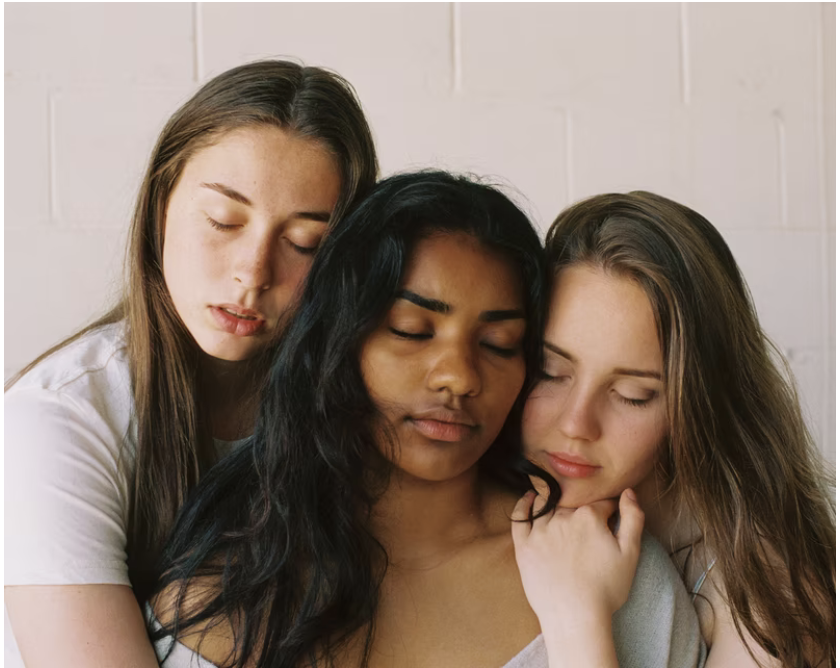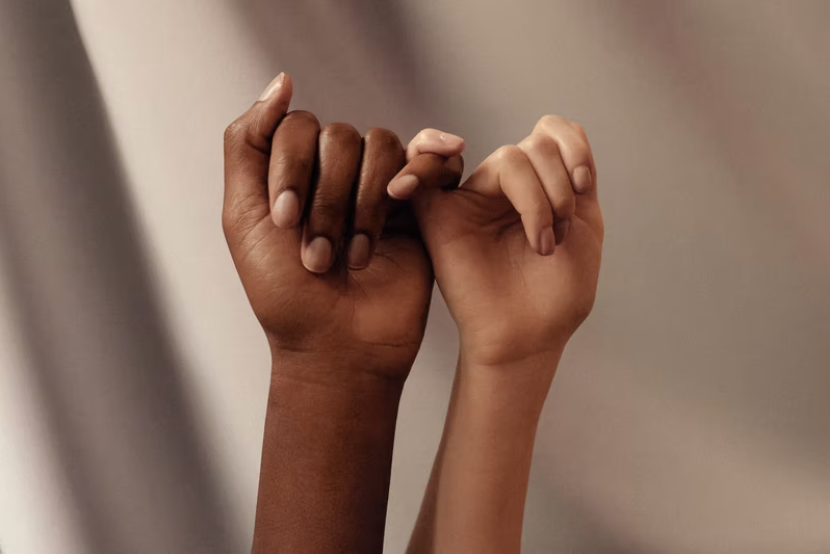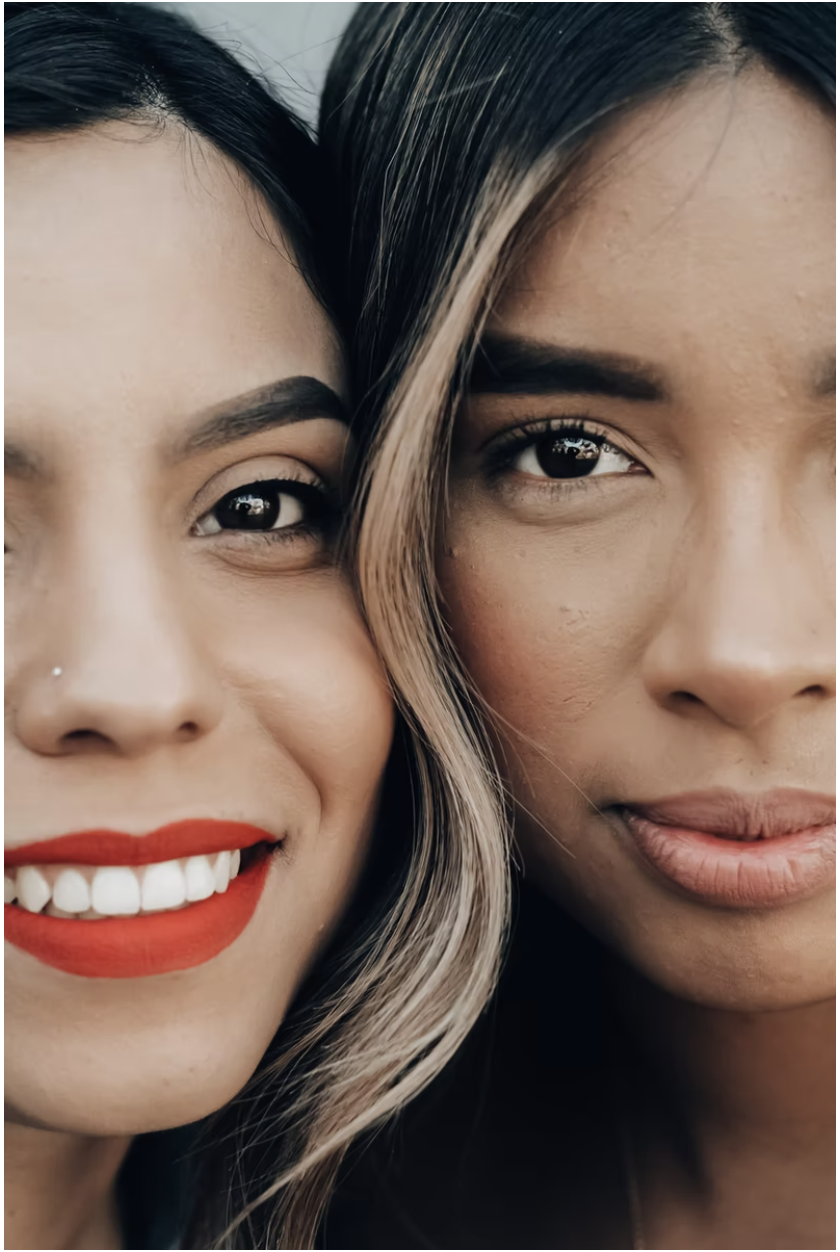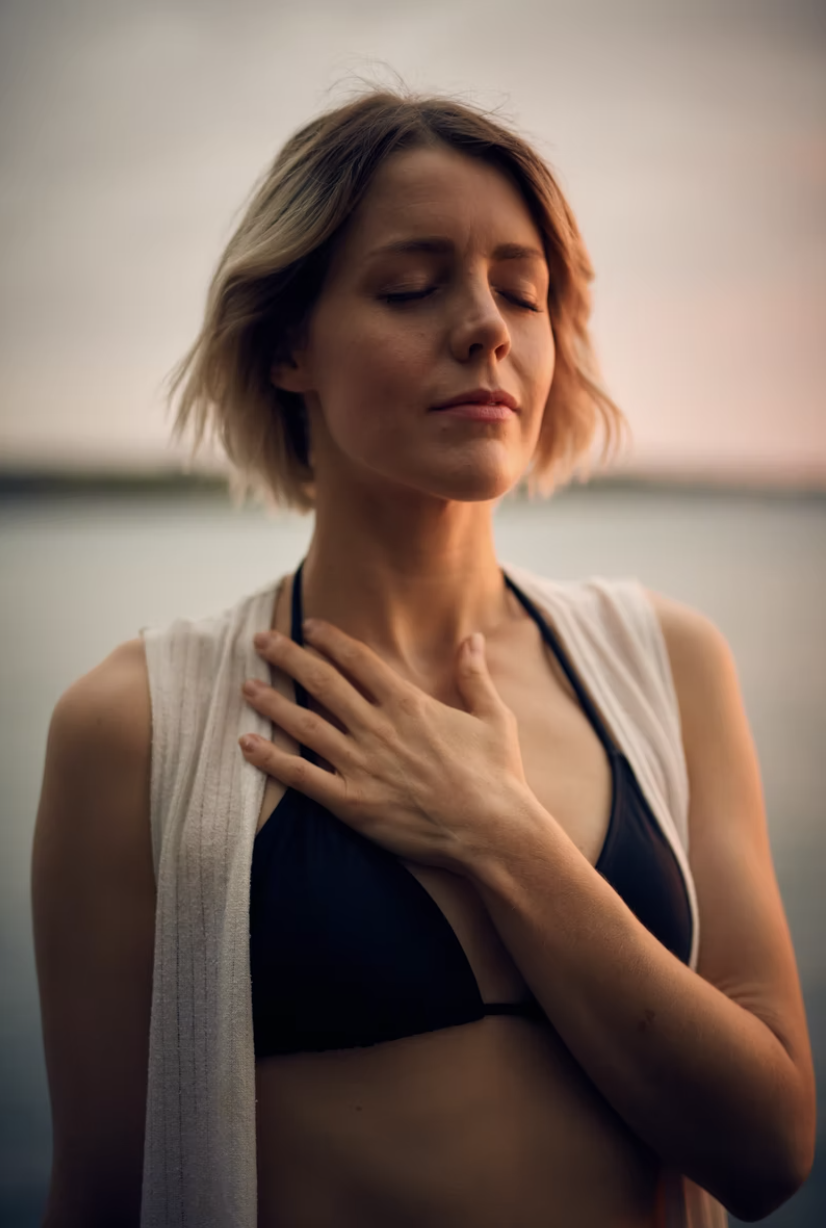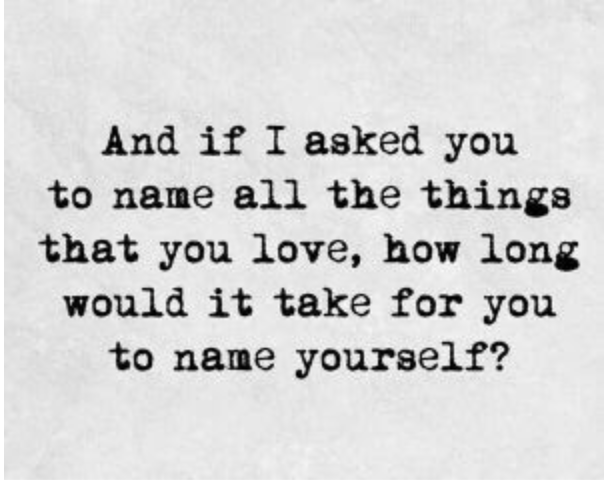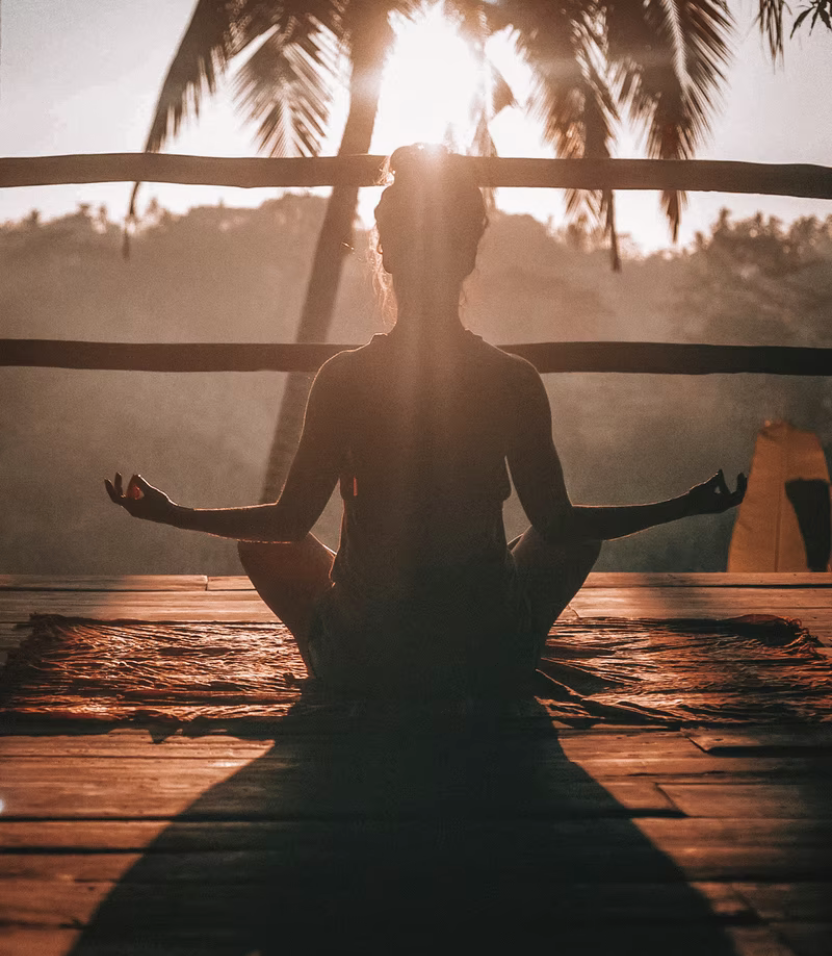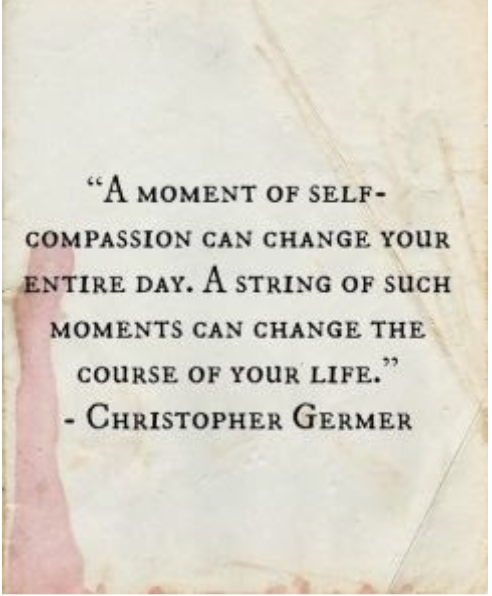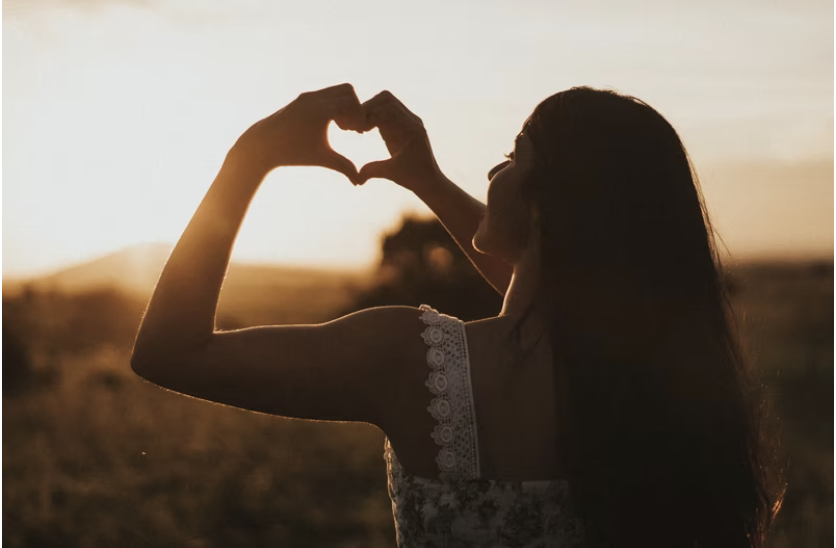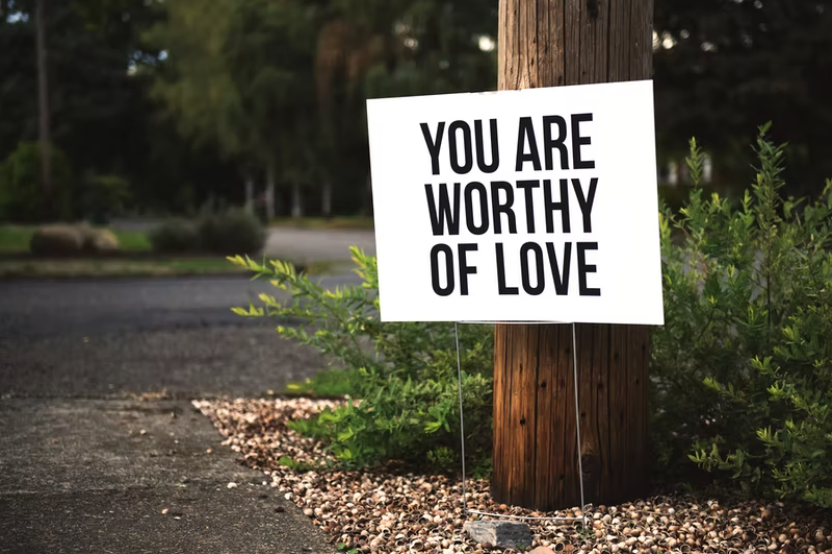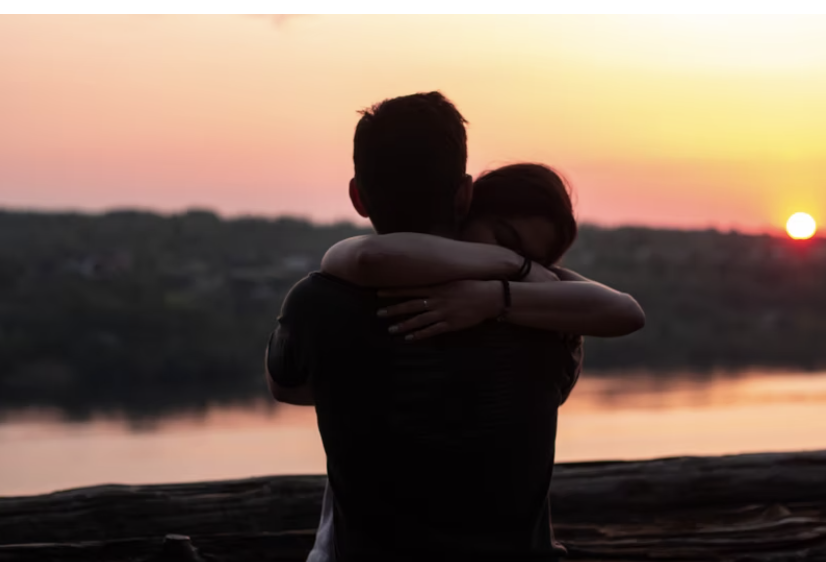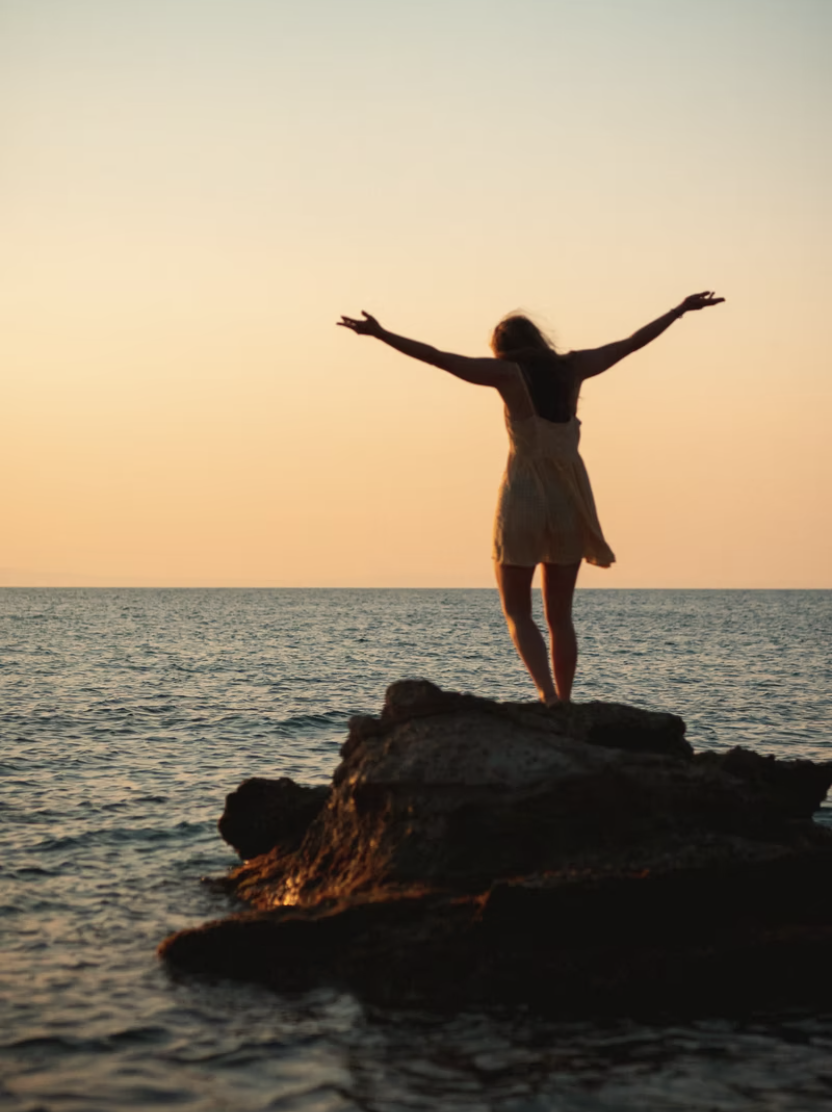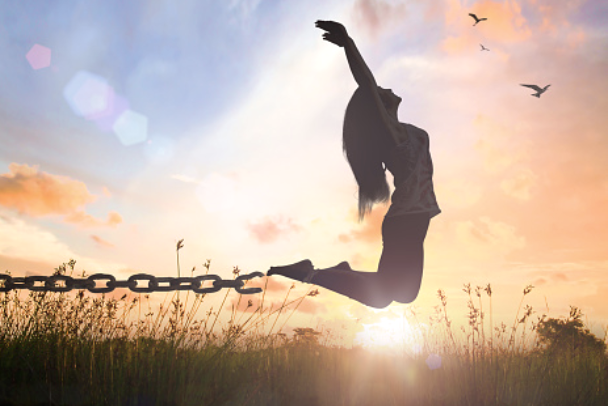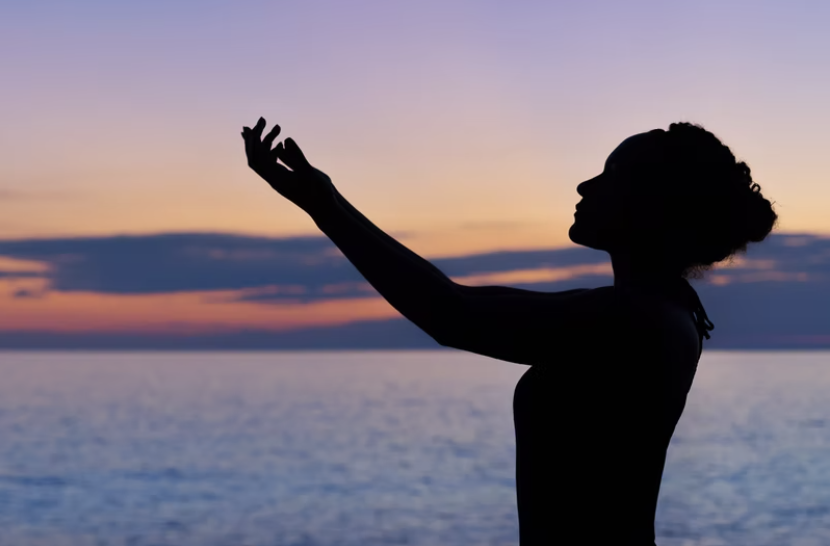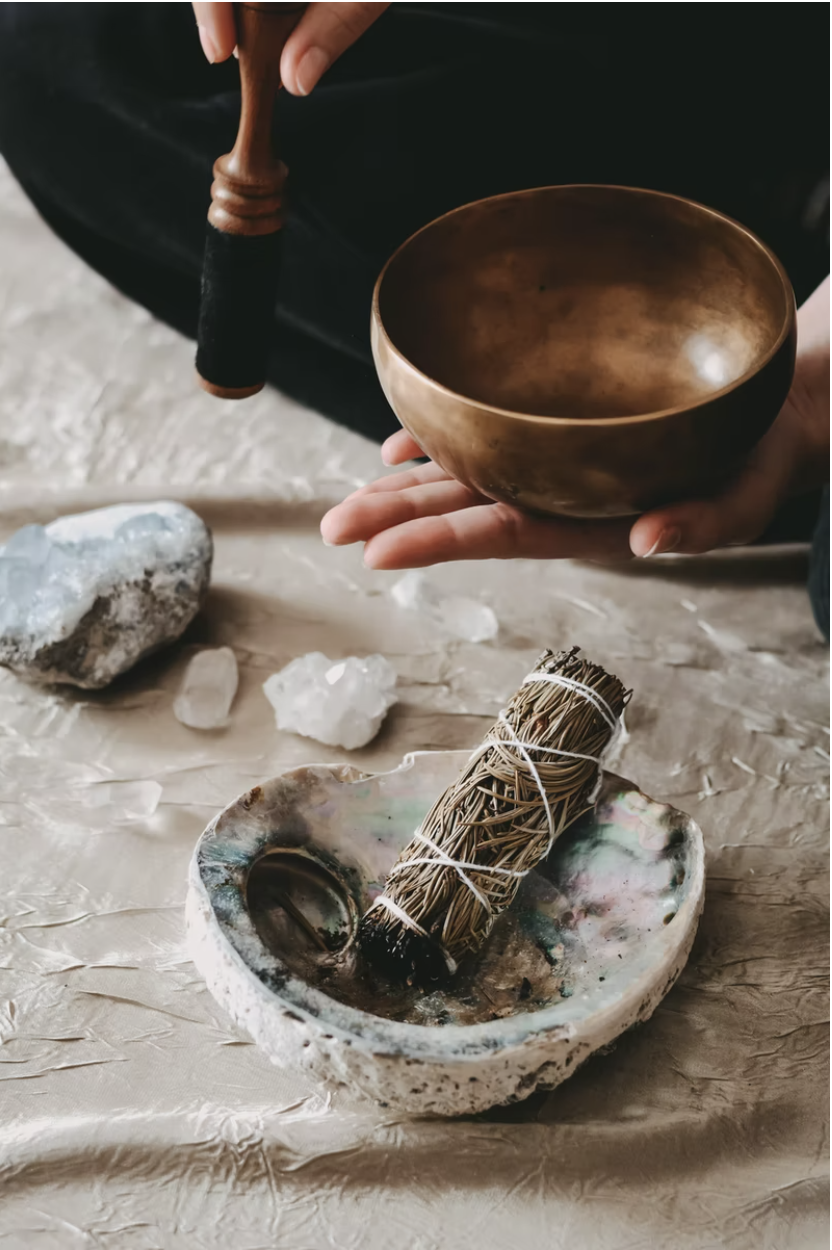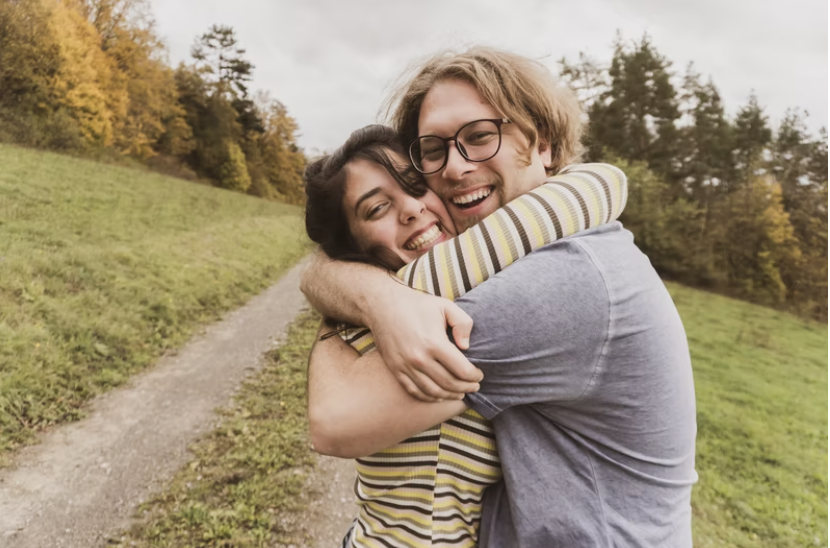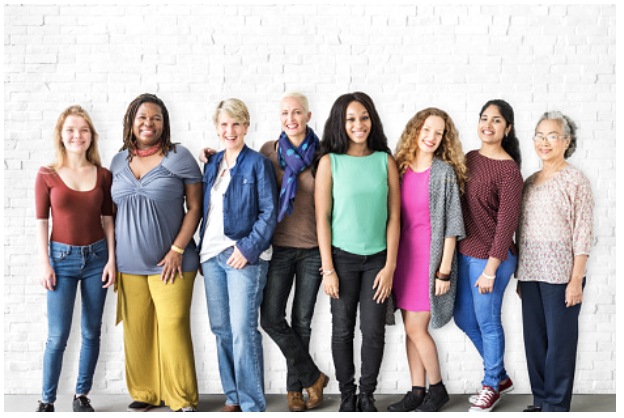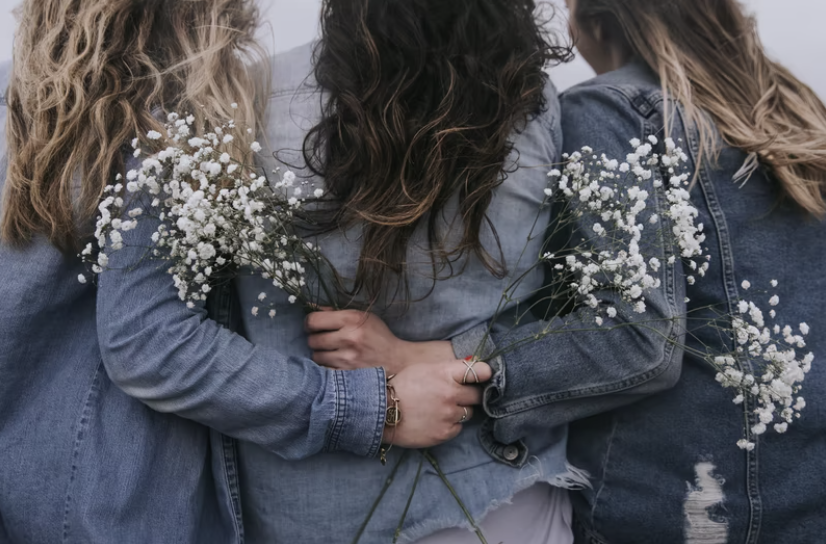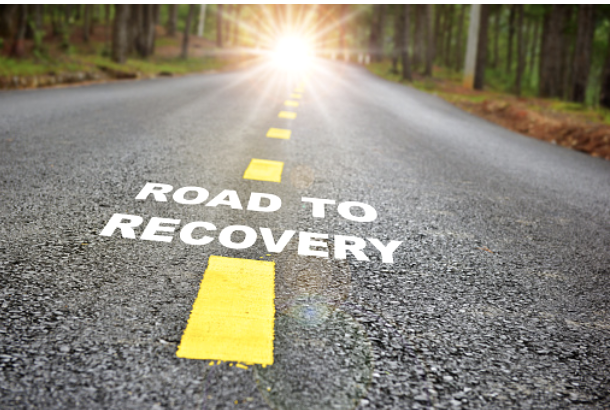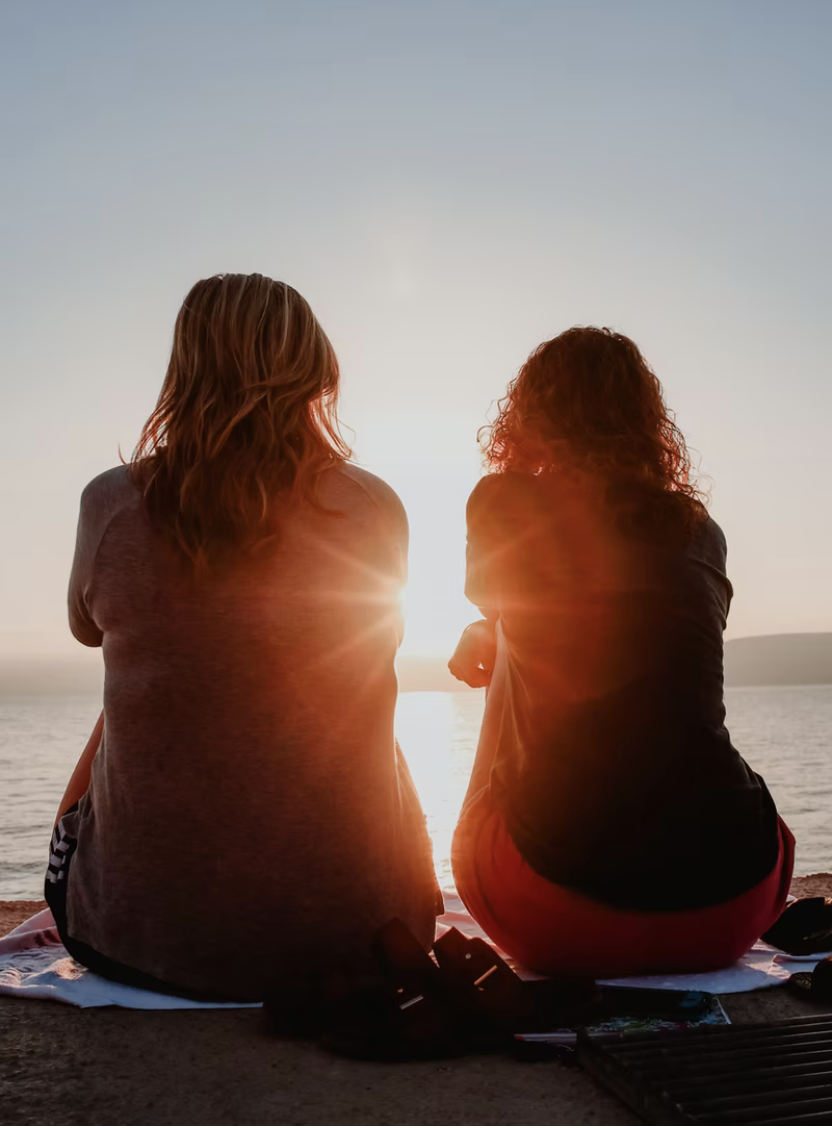the healing blog
How Women Can Heal
From the beginning of our lives, we as women see ourselves as obligated to take on the role of the sufferer, a role imposed upon us by society, which impedes us from seeking the emotional healing we need.
As women, we have to take on many injustices and unwarranted pain, simply because of our gender. We take in so many negative emotions that we end up making the pain our own, letting it become part of our daily lives, and our deeper selves.
For this reason, we need to check in on our hearts every once in a while so they don’t become resentful; this way, we will be able to heal what we were never able to let go.
The first step: locate the wound
“What we once enjoyed, we will never lose. Everything we love deeply becomes a part of us.”
--Bernardo Stamateas
She doesn’t recognize herself in the mirror. She knows something is hurting her, something she holds deep inside. Suffering, anguish, and pain show on her face, coming from a wound that she knows is there, but that she doesn’t want to see.
Usually, the woman staring back at us gets up every morning and takes on the world, maybe without even thinking about it; however, sometimes it is just as simple as she “is not having a good day.” Sometimes, the inexplicable sadness disorients her, and paralyzes her, making life a much heavier weight to carry.
When this happens, we must look deep into our souls and search for what is causing us pain, that thing that we don’t want to think about. The hurt woman has to question herself to find the right answers.
The second step: Honor the wound by bringing it out into the open
Sometimes a person does not need a brilliant mind to talk to them, but rather a patient heart to listen.
Our wounds, as well as our pain, inhibit us. The more we think about them, the worse they get. No matter how long we have carried these burdens, we must talk about them, to empty ourselves and rid ourselves of all that we have kept locked up.
It is necessary to have someone who listens to us, whether it be a friend or a family member, a spouse or professional who is a “healer of souls.” We need someone who calms us and offers us freedom and soothing comfort to alleviate our anxiety.
the third step: Cleanse the wound
Flow, flow to live… flow, flow not never die…
--Popular Song
This is the most painful step. Draining ourselves of pain and cleansing our souls will hurt. We have to take out whatever it is we have bottled up inside, no matter how foul smelling or ugly it may seem.
The wounds of the soul are full of pain, rage, spite, defect, loneliness, betrayal, lack of support, lack of understanding, sadness, longing, deception, guilt – our own or others’ – and everything is made more painful every time we think of it.
For that reason, once we have located our emotions and feelings, we must stop perpetuating their place in our psyche. Cry; cry oceans if you need to. Crying always allows us to release part of our pain. Stay quiet, go crazy, rip up some paper, hit the cushions…whatever you need to do to let your suffering out.
This may be different from the way you normally deal with pain, and may seem strange at first. But the fact is, the way most people deal with pain doesn’t work; keeping it bottled up causes it to grow roots and take hold.
to assist you with this step, we have a gift for you, access your complimentary sacred space cleansing + detox bath recipe, by clicking here.
the fourth step: close the wound
Some women hope for something to change, and as if nothing did it, they themselves change.
--Audre Lorde
Close your wound, and don’t let anything else get in. Close it, but don’t just sew it up. When one fixes the pieces, it means that something has been broken, and that is exactly what we want to emphasize.
Use a good needle and the thread of renewal to sew your wounds. We want to mend our broken parts and go back to seeing that happy, vivacious, innovative woman in the mirror again. A woman without a mask, without a trace of internal pain.
The fifth step: Join us in the circle of healing...
We don’t know how much a wound hurts until the pain has passed. We are interested in remembering what was it that broke inside and, in turn, when did the before and the after come. The women who bear this weight like the symbol of a scar are many….
So, do not feel shame, and join the sisterhood of the healed woman. Return to your innermost self each day to cultivate the possibility of making new things that will fill you up and rejuvenate your emotional skin.
remember to access your complimentary sacred space + detox bath guide book here
in healing, there is truth...
tru
Healing Starts With
Self-Compassion
“It is only kindness that makes sense anymore.”
This is the quote that a friend has at the bottom of her email. Every time I see it, I pause and think about it. It’s worth thinking about.
Why? Because we NEED kindness. Just look in and around you. I think about the world and its need for love…the need that so many people who are suffering on this planet have for care, affection, attention, and in many cases action. It is impossible to deny the cruelty that exists. In fact it is compassion, which starts with self-compassion, that is needed here.
I also think about myself and my own waves of suffering and well-being, which are quite hard to admit to but – in fact – suffering is part of the human experience. For quite awhile now (decades), I have been examining the nature of suffering and the importance of love. I finally came to terms with the fact that my last name bears this word ‘Love’ at the front end of it, and for me…that must mean something. Time to dedicate myself more deeply to addressing the suffering that exists in this world, in the spheres where I can make a difference.
The quote above, for your information, comes from a poem by Naomi Shihab Nye called ‘Kindness‘. Self-compassion gathered attention recently, largely because of the research of Kristin Neff and Chris Germer, whom I have been a fan of for a few years now. But much of their work is derived from the basic principles of Buddhism, which acknowledges that suffering is an inevitable fact of life to be dealt with through the practices of loving-kindness and meditation. There are other teachers who have done a splendid job of raising the consciousness of people who want to do something to heal themselves and others…there are healing sages such as Jon Kabat-Zinn, Tara Brach, and Pema Chodron. In fact, there are too many people to name, but these are people who have been at the forefront of research on how Self-Compassion and Mindfulness (which I’ll talk about in more detail another time) work to heal the mind and body, affecting not only individuals but communities. Many are engaged in this work. I would like to think of myself as a filter for your learning. Take what I have learned and apply it to yourself, if you think it will help.
Now, a simple question:
Isn’t that something? Here is where the rubber hits the road:
If you have been reading the How Women Heal blog posts for awhile, you’ll know that much of the work we’re doing here relates to loss, grief, regret, and the subsequent feelings of isolation, aloneness, loneliness, numbness, self-recrimination, self-blame and shame that can come in the wake of a personal tragedy. Not every day is filled with the darkness of tragedy upon tragedy, but when darkness overtakes hope and a sense of balance and normality fade in memory, there is a need for love…a specific kind of love: self-compassion.
Self-compassion involves recognizing but not exaggerating the suffering you feel, recognizing that many people suffer similarly (so you are not alone with this pain and nor should you feel alone). It also involves learning to empathize with yourself and treat yourself as you would a friend who is in need. These are fundamental practices that support healing. One of the factors that affects the way you may practice self-compassion is your ‘personality type’, or shall we say…your tendencies. Now, I’m a believer in educational psychologist Dr. Carol Dweck’s theory and evidence that shows that you are not fixed in who you are…you can choose to counter impulses with patience and, ahem, self-compassion and care. Dweck refers to this as ‘mindset’. You can change your mind about something, become motivated and encouraged, and change things, accomplishing great things! What if we could accomplish what we’ve always wanted to? Successful people have not only drive, but a positive or willing mindset. My personal belief is that this is hard to sustain without self-compassion, the ability to be kind to yourself, the ability to be loving towards yourself.
So, our focus this month is self-compassion.
My aim through the coming programs via How Women Heal is to make a small but palpable difference on this planet by providing a safe place for women who are in the throes of suffering to look at their pain, understand it, and change the way they relate to it. If you aren’t looking after you, then how can you be sure anyone else is? Let me be clear: this isn’t only for women who are in the dregs and clutches of their personal demons…though you might be. Grief comes and goes like waves…for years. It’s normal. April is the time of spring and renewal in the northern hemisphere at least, and we’re going to use this to focus on self-compassion, looking at how we self-sabotage ourselves and how we can turn some of that around…to create a future that really feels good!
How might you relate to this? If it is easier to turn on yourself when you’re hurting badly than it is to befriend yourself and treat yourself kindly and with self-compassion and self care, then this is going to be a slow and steady month of re-thinking how you look after you. This month is dedicated to the woman who struggles to do this for herself, and to those who are leaders in this work.
We invite you to enjoy the work in our private community group ( remember to access your complimentary sacred space + detox bath guide book here ) – we look forward to engaging with you and helping you to develop a more self-compassionate way of being.
In healing, there is truth…
tru
Know this: love will never leave you
Grief upon grief upon grief upon grief. We grieve and survive, then grieve again. Every agonizing loss opens our hearts again and threatens to deepen the pain. That’s life. But perhaps it’s worth accepting that this is the way it is. Our memory is long. Perhaps it would be wise to stay in the moment, in the fresh truth and integrity of today’s loss, so that it may be fortify us with the reminder of our capacity for love.
The grief of a former student stabs me right through our private community announcement she has posted. The reality has pierced through my disbelieving eyes and brain to my heart. It is what I have been dreading to hear for a couple of years since Lo announced that she was selling her parents’ furniture – is that how it starts? I’m dreading the day it’s my turn…my dad and I spoke yesterday about my mother’s next surgery – post open heart – this is ‘just’ the removal of her metal stitches and cysts from the bi-pass. “Now, don’t start worrying,” my dad says as he announces the date and gives me the facts.
But it was Lo’s lovely gentleman of a father who left this earth three days ago. I am thousands of miles away to be of any use. I can write, of course. I can’t help myself. Our private community provides the means by which to reconnect and exchange words: I tell Lo my thoughts and memories of her dad; she’s craving to know (everything). It provides some comfort to both of us. This is what you do when someone dies: you hold each other.
Maybe this is useful: as long as you can hear someone through their words even…you can feel them. Social scientists talk about how even words provide some form of social contact. Can this be of comfort after our loved ones are gone? It must, for we salvage every scrap of writing we can, don’t we? Letters and now I assume all manner of digital texts.
I feel the familiar agony and anxiety that comes up every single time someone I love dies. I’ve lived with this since I was nineteen. There it goes, in my head again…the wish that there was no such thing as death. The cold, hard truth (to this semi-spiritualist) is silent and unshakeable. None of us are getting out alive. The loss of the one we love is always too sudden. The time is always too little. I do everything I can to be present. Laura’s sorrow and strength will help her as the reality sinks into her bones that her dad will no longer be around to swap stories with: this phase of her life is over. A new one will begin.
All day I have been searching for a song to post. This one came – by Australian band Mumford & Sons and Baaba Maal. It speaks to me for two reasons: One, it reminds us that life is full of ups and downs…and most certainly love. Two, there is a time for everything in life, and that includes death. There will be grieving and with time we will recover somewhat. But never entirely because to love is to miss those who are gone. With memories, we will suffer again and again. Time will help us make sense of this.
In healing, there is truth…
tru
PS. We do not feel the loss of those we do not love. In grief, there’s a time for despair, and a time for peace. Just be there.
This is for you -- whoever you are. Know this: love will never leave you. Join our private community and access your complimentary sacred space cleansing + detox bath recipe, today., to learn the next steps on your activated self-love journey.
Surviving after abuse
When the abuse is finally over – you have arranged all the practical things like housing, money, schools for the children, and you feel reasonably sure that your abuser has stopped harassing you – you may be expecting to feel great. But that is unlikely to happen straight away.
Recovering from abuse by someone who was close to you is a long process, and the damage may stay with you and your children for years.
Once you are away from the abuse, and it is safe to feel again, you may have a sense of anti-climax. You are likely to experience grief, pain and a deep sense of loss: your trust will have been betrayed, your self-esteem and confidence shattered. In many ways it is like being bereaved – and as with a bereavement, healing will take time.
Looking after yourself -- for once and for all!
Treat yourself gently: don’t rush the healing process, and don’t expect to achieve everything you want straight away.
Maybe you want to make huge changes – by changing your whole lifestyle, joining local organisations, returning to education, looking for a (different) job.
This is all fine if that is how you are feeling, but if you don’t want to change anything else at this point, that is fine too.
It’s good to have hopes and ambitions for the future, but try to set realistic goals and move at your own pace, rather than being concerned about what others might be thinking.
You may feel lonely and isolated: sometimes when you come home to an empty house or flat, it might seem that even an abusive partner was better than no one. Perhaps your partner cut you off from friends and family, so now you feel there is no one you can talk to or go out with. It may not be too late to re-establish contact with past friends – and in any case, you can think about making new friends and acquaintances.
Suggested things you may enjoy to care for self after abuse:
- Take time and space for yourself each day.
- Reward yourself.
- Do something you enjoy and are good at.
- Take regular exercise (for example, try swimming, dancing, walking or climbing).
- Learn a new skill (for example, yoga, meditation, self-defence).
- Be creative: try drawing, painting, writing.
- Practice relaxation exercises (for example, breathing exercises, tai chi, self-hypnosis or massage).
- It’s also important to eat well and to get enough sleep.
Repeat with me: Love does not hurt. If you’re still in the healing phases of unlearning and relearning the ways you can better love yourself so that you will align and attract the type of love you truly deserve, we would love for you to join us for our healing women circles. (( Learn more and get your tickets by clicking here. ))
In healing, there is truth…
tru
HOW COMMUNITY
HEALS WOMEN
Every year, we struggle when the days get shorter, grayer, and colder.
We feel the sadness and inertia creep over me around the middle of November, and I grapple with it well into March or April. Never, though, has it been as intense as it’s been since moving to Minnesota (or Minnesnowta, as it’s often called).
In addition to the simple weight of the season, I’ve also been wrestling with some personal hurt and trauma, as well as the hurt and trauma of some people I love so very much.
As a result, even getting out of bed has been a struggle lately, and I’ve had to build extra structure into my schedule to make sure that I accomplish even the bare minimum of the hefty load on my plate.
So you can imagine my loving partner’s response when I told him that I would be spending the months of January and February in a 45-hour sexual assault survivor’s advocacy training through an amazing organization called the Sexual Violence Center.
he said: "is spending between seven and thirteen hours a week in a class that deals solely with sexual violence (not to mention the extra homework) the best thing for you right now?”
And honestly, I couldn’t give him a good answer.
The truth is that I was afraid that all of this talk of trauma and violence would only add to the weight that I’ve been carrying during this difficult time.
Yet, seemingly inexplicably, the class has helped tremendously.
I couldn’t explain why until a recent counseling session when my counselor asked about the class. I told her about my partner’s concern, and in my explanation, the words came to me.
“At first I was worried he was right, that the training program would make some of my other struggles worse. But when I’m sorting through the impact that sexual violence has had on my life and on the lives of those I love, what better place to be than with 25 other people who care deeply and passionately about eradicating sexual violence? It’s brilliant actually!”
A few days later, Ana (name changed for privacy), one of the activist trainers from our program, tweeted something with the hashtag #communalcare.
That’s it! That hashtag named it.
As important as self-care can be, for many of us, communal care is equally as vital!
Holding Space
Obviously not all community or communal time is healthy and healing.
If you feel anxious in large groups, going out with friends to a concert (even of a band you really like)may not necessarily be healing or self-care for you. And even communal experiences that we enjoy may not be ones that help us to cope with or heal from the weight or trauma we carry in our lives.
But healing community is about holding space: holding space for love, care, reflection, laughter, crying, feeling what we’re feeling, dancing, screaming, sorting through, moving past, sitting with, or for whatever else we may need.
Healing community is not about putting our problems off on another person, but about holding space for us to set down the weight we’re carrying for a while, and sometimes it’s even about letting others hold and share our weight while we do the same for them.
In the words of one of the wonderful advocates in training from my class, “Everybody has issues, and [in this space], we’re all just healing with each other.”
I can tell you without a shred of doubt that spending time every week for two months talking about sexual violence with people who are not intentional activists and advocates would be quite the opposite of communal care.
But the space held within the advocates training program intentionally focuses on care, healing, and sensitivity, even when we’re talking about those things that make my chest tighten and my breath shorten.
As a result, when I feel that tightness in my chest, I know there are people whose chests are tightening with me, and I know there are people who are also ready and willing to hold space for me to talk through why my breath has shortened.
And more often than not, just knowing that space is being held is all it takes for me to breathe deeply and allow my chest to open, letting light into a dark space.
communal care for introverts
At the same time, though, I recognize that being around other people isn’t always the most healing or recharging thing in the world. Some of us actually need time away from other people in order to find healing or calm. Knowing that is fundamental self-awareness.
Even for some introverts, though, time in community can be important to healing.
I am far more introverted than others perceive. Too much time around other people (even if it’s just one other person) leaves me feeling drained and craving time alone to work or read or watch my fav movie or take a. nap.
At the same time, though, I am self-employed, and it’s entirely possible for me to spend entire days or weeks in my apartment, never interacting with other humans except for the hours that my partner is home.
I’ve learned, then, that while too much time around others is draining and far from communal care, too much time alone can also further my feelings of isolation and stagnation.
In turn, I’ve learned that even spending time in the community of a coffee shop, never actually interacting with other people, or in a one-on-one with a friend or my counselor can be healing in the way that it reminds me that I am never really alone.
Even when my work seems bleak or when my personal life feels burdened, community exists all around me.
getting stuck in a metaphor
About a week ago, I was out shoveling snow to clear a parking spot for the car I share with my partner, and frankly, I was pissed.
I was cursing under my breath at the giant pile of snow that has accumulated from shoveling all of the snow that’s fallen since November without ever getting warm enough to melt.
I had a podcast playing in my headphones, but I wasn’t even really listening to it. I was just brooding – over winter and the other things that are weighing me down.
That’s when I heard a little voice shout, “Hey!”
Startled, I turned around, and a little girl said, “Sorry! I tried to get your attention, but you didn’t hear me.”
“It’s okay. What’s up?”
“Our car is stuck,” she said, and she pointed to a mini van a half a block away that was idling in the alley. “Can you help us?”
“Sure thing,” I said, happy to help, but honestly a little annoyed that this would slow down my progress in my shoveling chore.
When I got over there, the girl’s mom looked frustrated. She had hurt her hand while trying to get out of the car, and it was clear she had been trying for a while. I immediately got to work, pushing with all my might while she pumped the gas, only spinning the tires down more into the ice and snow.
We tried everything to no avail, so after about fifteen minutes, I called my partner. He said he would hurry over to help. On his way, he told a few other neighbors that we might need some help.
Before I knew it, there were five of us pushing and pulling and shoveling and fighting to get that car unstuck, but it wasn’t budging. My partner went to get our car to see if we could tow it out of there.
Needless to say, that didn’t work at all. But in the time it took for us to hook up the truck, a neighbor with a snow blower came by and cleared the area around the car of snow, and another neighbor with a 4×4 Jeep came.
We hooked up the van to the jeep, and with everyone pushing from behind and me behind the wheel of the van, the Jeep inched forward. I heard a creak that made me nervous that we would harm the van in towing it out, but before I knew it, the van lurched forward, out of its ruts and into the space cleared for us.
Everyone cheered and high fived!
Just before we all went on our merry way, the guy with the jeep remarked, “This is why I love about our neighborhood". I’ve lived here for twenty years, and this is why. Neighbors take care of each other. When everything in the world is crazy, we take care of each other.”
After hearing those words, I went back to my shoveling, turning on Adele and singing through a smile while finishing my work.
When everything in the world is tough, we have the power to take care of each other.
Until I started taking this advocacy training, I’d been feeling pretty stuck. I have wonderful supports and loving family and friends, but I needed something different. I needed a 4×4 of sorts. I needed a different kind of communal care.
And I’ve found it in a group of people who are passionate about doing whatever is within their power to help survivors heal and to eradicate sexual violence from our communities.
There’s tremendous power in that community. It’s the kind of power that heals. It’s communal care.
If you’re still in the healing phases of unlearning and relearning the ways you align yourself with love and true community of supprt, upliftment and gentle guidance. We would love for you to join us for our healing women circles.
(access your complimentary sacred space cleansing + detox bath recipe, today.)
in healing, there is truth…
tru

